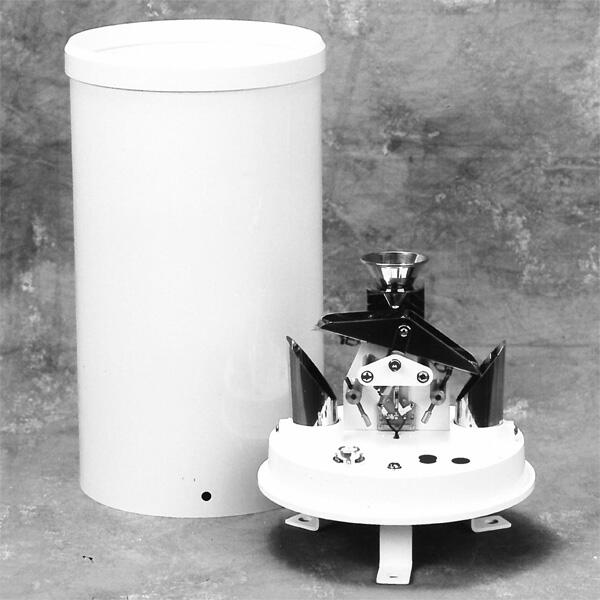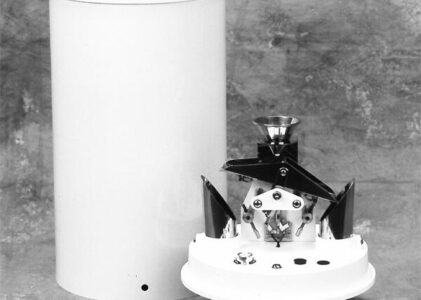
# 10 Practical Applications of Rain Gauges in Everyday Life
Rain gauges are simple yet powerful tools that play a crucial role in various aspects of our daily lives. From agriculture to urban planning, these devices provide valuable data that helps us make informed decisions. Here are 10 practical applications of rain gauges in everyday life:
## 1. Agricultural Planning
Farmers rely on rain gauges to monitor precipitation levels, which is essential for determining the best times to plant and harvest crops. Accurate rainfall data helps optimize irrigation schedules and ensures that crops receive the right amount of water.
## 2. Flood Prediction
Rain gauges are critical in predicting and mitigating flood risks. By measuring rainfall intensity and duration, authorities can issue timely warnings and implement flood control measures to protect communities.
## 3. Water Resource Management
Municipalities use rain gauge data to manage water resources effectively. This includes planning for water supply, managing reservoirs, and ensuring sustainable usage of water for both domestic and industrial purposes.
## 4. Weather Forecasting
Meteorologists use rain gauges to collect data that is essential for accurate weather forecasting. This information helps predict weather patterns, including the likelihood of rain, storms, and other precipitation events.
## 5. Climate Research
Rain gauges provide long-term data that is invaluable for climate research. Scientists use this data to study climate change, track precipitation trends, and understand the impact of global warming on weather patterns.
## 6. Urban Planning
City planners use rain gauge data to design and implement effective drainage systems. This helps prevent urban flooding and ensures that infrastructure can handle heavy rainfall without causing disruptions.
## 7. Gardening and Landscaping
Home gardeners and landscapers use rain gauges to monitor local rainfall and adjust watering schedules accordingly. This helps maintain healthy plants and conserve water by avoiding over-irrigation.
## 8. Construction Projects
Construction managers use rain gauge data to plan and schedule outdoor work. Knowing the expected rainfall helps avoid delays and ensures that construction activities are carried out safely and efficiently.
## 9. Sports and Recreation
Organizers of outdoor sports and recreational activities use rain gauges to monitor weather conditions. This helps in making decisions about event scheduling and ensuring the safety of participants.
## 10. Insurance and Risk Assessment
Insurance companies use rain gauge data to assess risks related to weather events. This information is crucial for determining premiums and providing coverage for properties and crops that may be affected by heavy rainfall or flooding.
In conclusion, rain gauges are indispensable tools that have a wide range of applications in our daily lives. From ensuring the success of agricultural endeavors to protecting communities from natural disasters, these devices provide the data needed to make informed decisions and improve our quality of life.
Keyword: 10 uses of rain gauge

